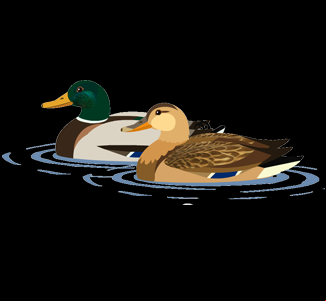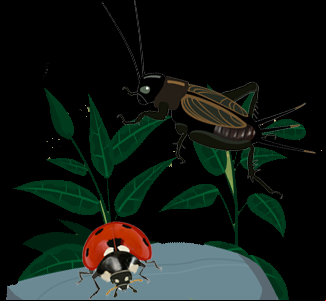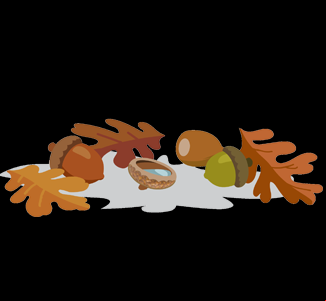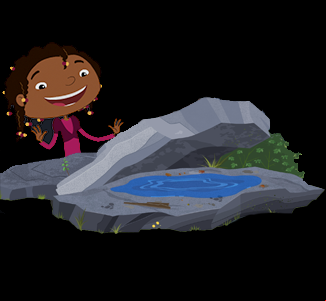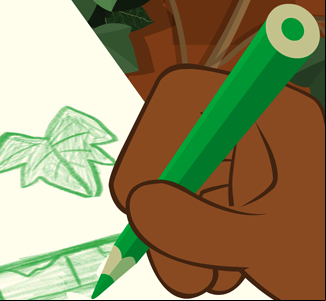Citizen Science 2q1t14
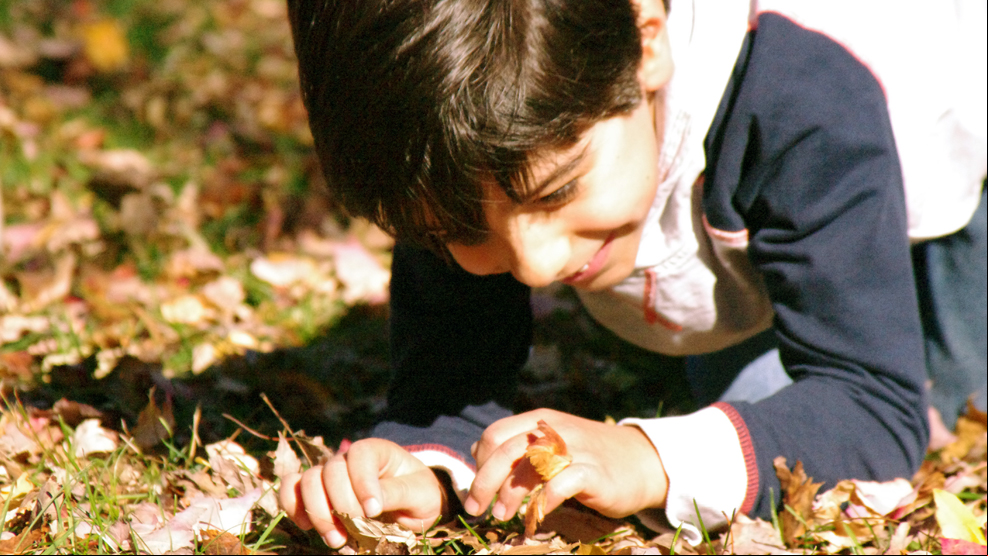
Scientists rely on data from people all over the country who report on local animals, plants, weather, and water. They use the data to answer important scientific questions about the environment. Here are some easy projects for you and your child to do, though you’ll need Internet access. 4y4t2i
Do an online search for the organizations and/or key .
Animals 142b3j
Squirrel Mapper (year-round) 5z4z6h
Have you ever seen a rare black squirrel? If so, report it! Why? Scientists think most squirrels were black 150 years ago. So they wonder: Why are squirrels today mostly gray and black squirrels rare?
Celebrate Urban Birds and Other Bird Projects (year-round) 33511e
The Cornell Lab of Ornithology and the National Audubon Society have asked citizens to spot and count birds since 2002. Why? Populations might be in danger due to changes in the climate. Families in cities and towns (big or small) can Celebrate Urban Birds, a program with a free activity and information kit to . The menu in the upper-right corner of the website has links to other bird projects.
Backyard Bark Beetles (spring and summer) 2z3s1g
Build a simple trap to lure these common beetles and then send the dead bugs to scientists. Why? Because some beetles destroy whole forests and fruit crops. Scientists want to know where they live.
Urban Buzz (summer) 3j15l
Cicadas are insects that buzz loudly from the trees to attract mates, after which they die. This project asks people in cities and towns to collect a few dead bugs and mail them to scientists. Why? They want to know if cicadas in populated areas are suffering from a lack of trees, heat, or pollution.
Plants 4ss4y
Project BudBurst (year-round) 5j643i
Do you live where there are four different seasons? Scientists want to know when your tree leaves bud in spring, when flowers bloom, when fruit or nuts appear, and when leaves change color in the fall. Why? They wonder if the timing of these things is changing because of the warming climate. Changes would affect the animals that rely on those plants for food.
Weather 5u42h
Globe at Night (evenings year-round) 285ew
Citizen scientists (that’s you) in 104 countries measure and report the brightness of city lights at night. Why? Scientists want to figure out ways to reduce light pollution so more people can see the stars.
iSeeChange Online Almanac (year-round, anywhere) This website collects local weather data from citizen scientists. Why? The goal is to compare all that local data with national weather reports to see how the changing climate affects everyday life around the country.
Water 382y66
CoCoRaHS (year-round, rain gauge required) 1jx1i
Measure and report the rain, snow, and hail in your backyard. Why? You can add to a real-time global map of precipitation data.
CrowdHydrology (year-round, cell phone required) people across the country who are tracking the depth of streams and ponds. You don’t even need to get wet! Just read the water level on a giant ruler and text it to scientists. Why? They want to know how groundwater and surface water affect each other.
All Topics 2t5568
SciStarter (year-round) 262g50
Explore the SciStarter website, which lists many more projects on animals, plants, weather, and water.
Share Your Ideas with Plum! 1b3o3r
Find new challenges you can explore, submit a photo or drawing telling Plum what you did, and then check out drawings and pictures from other kids! pbskids.sitesdebloques.org/plumlanding/pictures/
